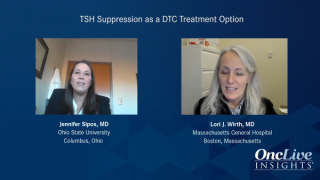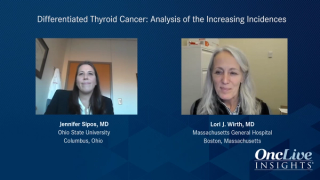
Head & Neck Cancers
Latest News

February 24, 2021 - The FDA has granted a breakthrough therapy designation to tipifarnib for use in patients with recurrent or metastatic HRAS-mutated head and neck squamous cell carcinoma with variant allele frequency of 20% or higher following progressive disease on platinum-based chemotherapy.
Latest Videos

CME Content
More News

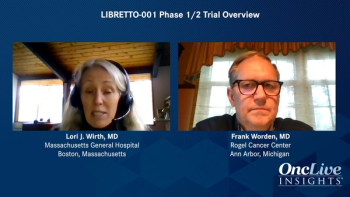



Nabil F. Saba, MD, FACP, discusses the results of the JAVELIN Head and Neck 100 trial, as well as data from other key, recent studies in head and neck cancer.



Although the ability to treat head and neck cancer has certainly improved over the years, a significant percentage of patients experience recurrent disease after initial treatment.
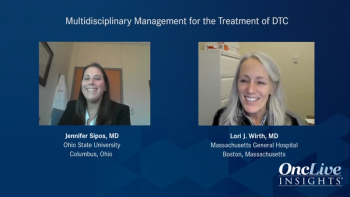
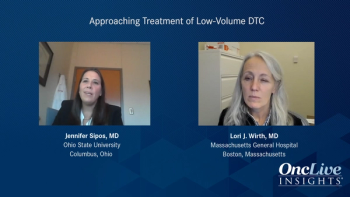

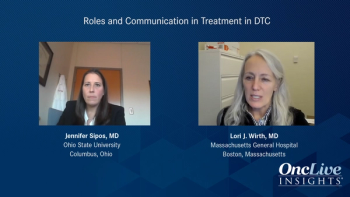
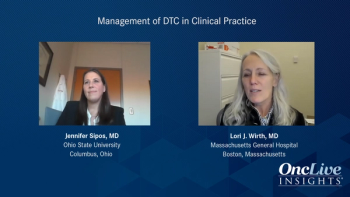

January 8th, 2021 - The United Kingdom’s National Institute for Health and Care Excellence has issued guidelines recommending against nivolumab for use in patients with recurrent or metastatic head and neck squamous cell carcinoma who experienced disease progression during or after platinum-based chemotherapy.

In our exclusive interview, Robert Lindau, III, MD, discusses his journey into the head and neck surgery space, tips for a successful fellowship, and the importance of creating a family-like environment within the fellowship program he directs.

December 23, 2020 — Although SGX942 was found to induce clinically meaningful reductions in severe oral mucositis vs placebo in patients with head and neck cancer, the benefit failed to reach statistical significance, thus missing the primary end point of the phase 3 DOM-INNATE study.

December 21, 2020 - Cabozantinib was found to significantly improve progression-free survival compared with placebo in patients with dedifferentiated thyroid cancer who are refractory to radioiodine and have progressed following up to 2 prior VEGF-targeted treatments.

December 1, 2020 - The FDA has approved pralsetinib for the treatment of select patients with advanced or metastatic RET-mutant medullary thyroid cancer who require systemic therapy or RET fusion-positive thyroid cancer who require systemic therapy and who are radioactive iodine-refractory.

November 13, 2020 - Treatment with the combination of eganelisib, a selective PI3K-γ inhibitor, and nivolumab demonstrated encouraging clinical activity and a favorable safety profile in patients with head and neck squamous cell carcinoma.

November 13, 2020 - ALX148 showcased favorable safety and elicited objective responses when combined with trastuzumab, pembrolizumab, and multiagent chemotherapy regimens in patients with gastric/gastroesophageal junction cancer and head and neck squamous cell carcinoma.

In our exclusive interview, Nabil F. Saba, MD, FACP, sheds light on the implications of targeting HRAS in head and neck squamous cell carcinoma, details the data that has been reported to date with tipifarnib, and shares his expectations for the ongoing KO-TIP-007 trial.

Alan L. Ho, MD, PhD, highlights the great strides that have been made with head and neck cancer, including those with rarer diseases like thyroid cancer and salivary gland cancers, due to a greater understanding of disease biology and genomics.

The investigational small molecule, γ-secretase inhibitor AL101 monotherapy was found to elicit deep responses with a significant disease control rate in patients with recurrent or metastatic adenoid cystic carcinoma harboring NOTCH activating mutations.

Investigators are testing tipifarnib, a novel drug that inhibits a critical enzyme needed for HRAS activation, in patients with head and neck squamous cell carcinoma whose tumors harbor the mutation.

Heavily pretreated patients with unresectable recurrent or metastatic head and neck squamous cancer experienced an improvement in survival following treatment with axitinib.







